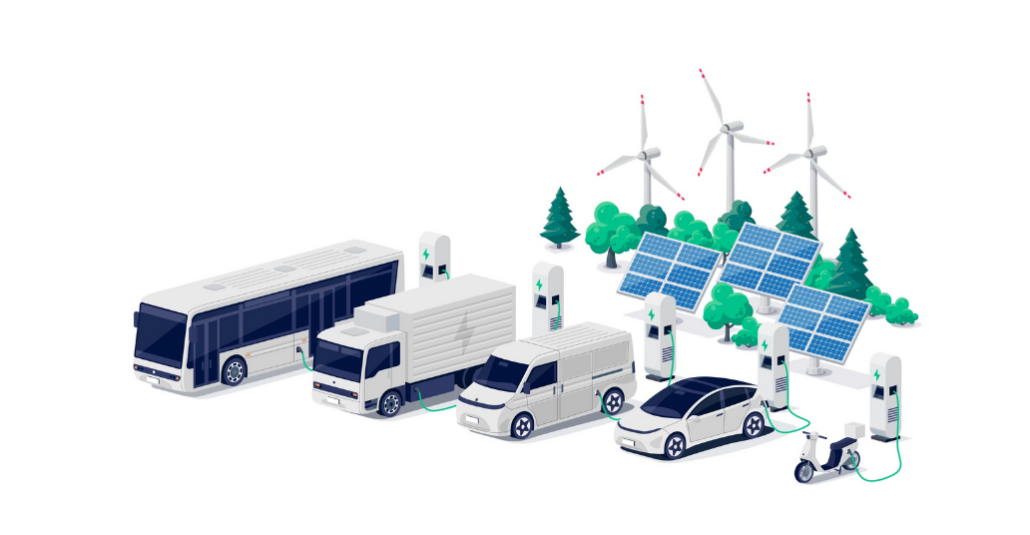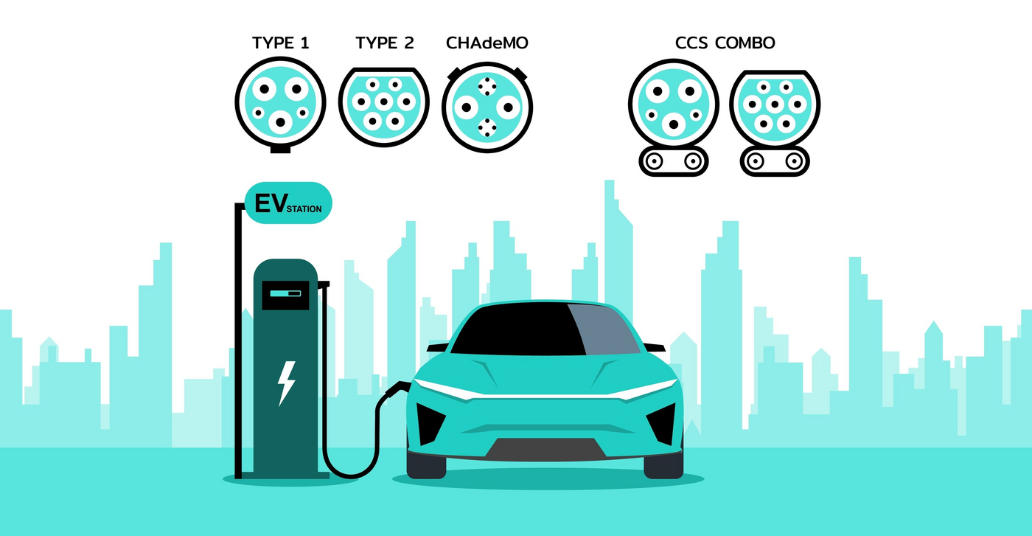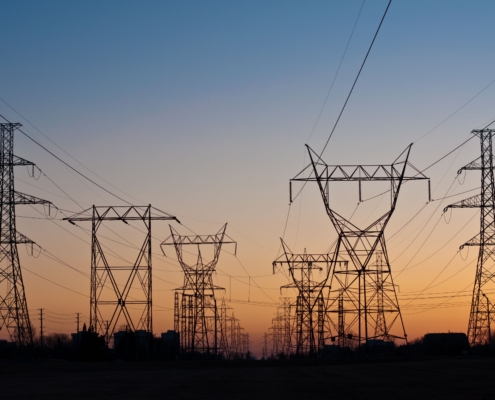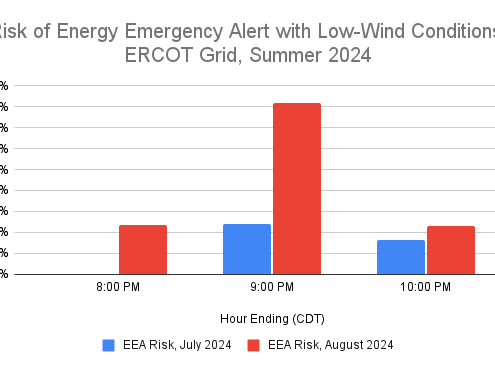Last Updated on October 2, 2022 by Mary Pressler
 Thinking About Buying an EV?
Thinking About Buying an EV?
Electric vehicles or EVs have been growing in popularity, and they represent a cleaner alternative to gasoline and diesel cars. Transportation is responsible for 29% of greenhouse gas emissions according to the US EPA, and EVs can help reduce these emissions.
In this article, we will discuss the main types of electric vehicles, and also the technical features of the three types of EV chargers.
Types of Electric Vehicles (EVs)
When we hear the term “electric vehicle”, we think of a car that is fully powered by electricity. However, there are many types of EVs, and some of them are hybrid – capable of using both traditional fuels and electricity. There are also EVs that run with hydrogen cells.
BEV – Battery Electric Vehicle
A BEV is 100% electric, with no combustion engine and tailpipe, and it doesn’t depend on gas stations in any way. BEVs are charged by connecting them directly to a power supply, just like you would recharge a smartphone or laptop. They also have a technology called regenerative braking – each time the car stops, some battery charge is recovered from the kinetic energy of the moving car.
BEVs normally use lithium batteries, specifically lithium-ion or lithium-polymer batteries. Some models now come with battery-to-grid functions, which means they can be used to power other electrical devices when parked and plugged in.
HEV – Hybrid Electric Vehicle
An HEV uses a combustion engine like a conventional car, but also has an electric motor. These cars have no sockets for EV chargers, and they are filled normally at gas stations. However, they use regenerative braking to charge batteries, and their electric motor supports their combustion engine to improve fuel economy.
HEVs use their electric motor mostly when accelerating or moving at low speed, and the combustion engine is used at higher speeds.
PHEV – Plug-In Hybrid Electric Vehicle
A PHEV is very similar to an HEV, having both a combustion engine and an electric motor. However, the battery can also be charged directly from the power supply. When used for short distances and an EV charger is available, a PHEV can run with only batteries. However, it can also be refueled at a gas station when charging is not possible.
E-REV – Extended Range Electric Vehicle
An E-REV is similar to a PHEV, but it runs mostly with the electric motor. The combustion engine is used to recharge batteries and extend range, hence the name of these EVs. They are also known as Range Extended Electric Vehicles or REEVs.
FCEV – Fuel Cell Electric Vehicle
An FCEV runs with an electric motor, but power is generated from a hydrogen fuel cell. FCEVs are still experimental, but they could achieve a much longer range than BEVs. The main limitation of this EV type is its high cost, and its dependence on hydrogen processing infrastructure.
Types of EV Chargers
There are three main types of electric vehicle chargers, and their main features are summarized in the table below:
| Charger Type | Connection | Charging Speed | Requirements |
| Level 1 (120 V) | J1772 port | 2-5 miles, per hour of charging | No special equipment needed. |
| Level 2 (240 V) | J1772 port | 10-20 miles, per hour of charging | EVSE – Electric Vehicle Supply Equipment |
| DC Fast Charger | CCS, CHAdeMO or Tesla Combo port | 60 miles or more, per 20 minutes of charging | High-power electrical installation (>50 kW) |
Level 1 and Level 2 chargers can be easily installed in homes, since they don’t depend on specialized high-power equipment. However, DC fast chargers exceed the capacity of the electrical installations found in homes, and they are used mostly in commercial buildings.











Leave a Reply
Want to join the discussion?Feel free to contribute!